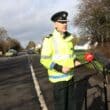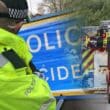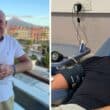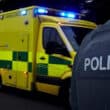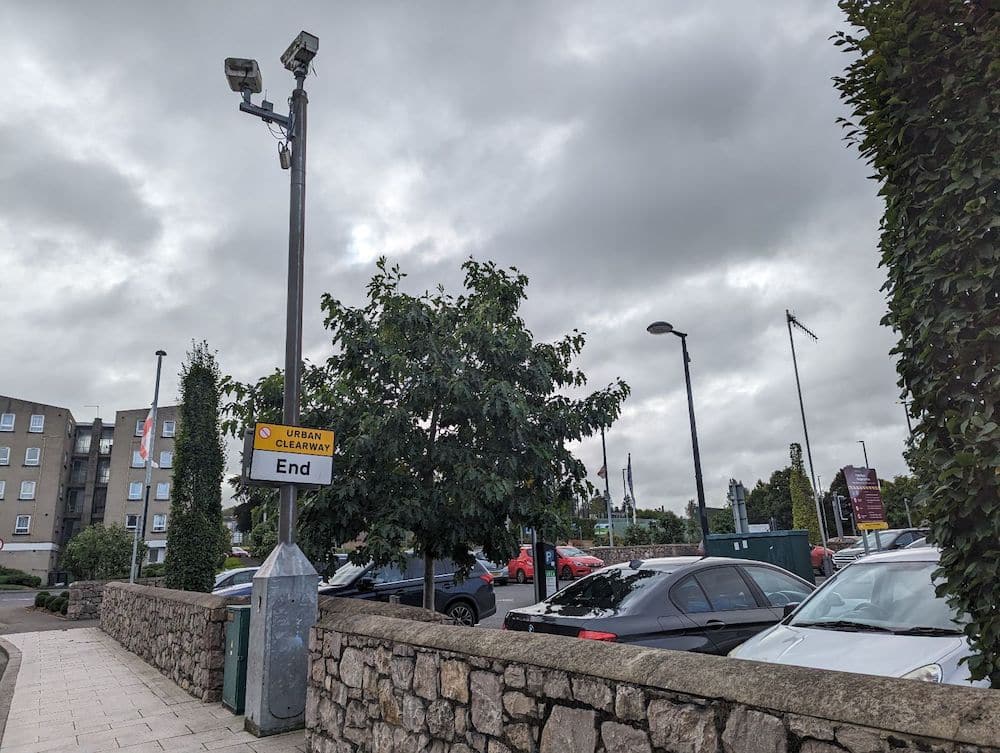
The Armagh, Banbridge and Craigavon borough is one of the most watched areas in the UK, according to new research.
The ABC Council operates the most cameras in public areas of any local authority in Northern Ireland – outside Belfast – and comes in as the eighth highest in the UK.
In relation to cameras per 10,000 people, the borough ranks highest in Northern Ireland and ninth in the UK overall.
There are currently 639 public space CCTV cameras in operation across the borough – more than the city of Liverpool and Manchester.
The research was carried out by Get Licensed, who carried out a series of Freedom of Information requests asking for the number of fixed CCTV cameras in public spaces in each council area, as well as the amount spent by the council on CCTV provision in 2022.
Recently, in an Armagh I newsletter, we asked readers how Council could help tackle the litter problem following the department of the private enforcement firm, WISE, in May. 18% voted for more cameras while almost half asked for more bins. It seems the bins might be the right approach on this one.
According to NI Direct, you can request CCTV recordings of yourself.
CCTV is designed to help prevent and detect crime. It can reassure the public about community safety. It is located in public places to: provide evidence to relevant enforcement agencies; maintain public order; prevent antisocial behaviour and nuisance; provide reassurance; and promote economic well being.
Cameras record images twenty four hours every day. CCTV operators watch lives images at strategic times in a local monitoring suite. If they notice criminal activity on camera, they can direct police response to the incident.
CCTV footage as evidence
CCTV can sometimes be used in court as evidence to prove someone was in a certain place or that they committed an offence.
It can also improve community safety and prevent crime. For example, deterring someone committing a crime like robbery if they know CCTV will record their actions.
To read police guidance on how CCTV is used, click this link.
How to ask for CCTV footage
You have the right to access images of yourself that may have been recorded by a CCTV camera system. Public organisations like local councils need to make any personal data available to you if you ask them.
Personal data is information that relates to an individual and is held by a public organisation.
You need to write to the owner of the CCTV system. The owner’s contact information is usually on a sign attached to the camera.
You need to give them enough information to identify you, for example a specific date and time, and a description of yourself and your clothing. The operator can charge you up to £10 for a copy of the footage.
Your images on CCTV film
If you contact a public organisation that has CCTV footage of you, they must give you a copy of the images within 40 days.
They can send you an edited version of the CCTV footage to protect the identities of other people shown in the footage.
The CCTV recording may be edited to make sure that you can’t see any other personal data that doesn’t relate to you, like:
– a vehicle registration number that is not yours
– an unfair intrusion into the privacy of another person
Contact your local council for more information about how CCTV is used in your community, or see their CCTV code of practice for more about the use of CCTV cameras and data protection.
